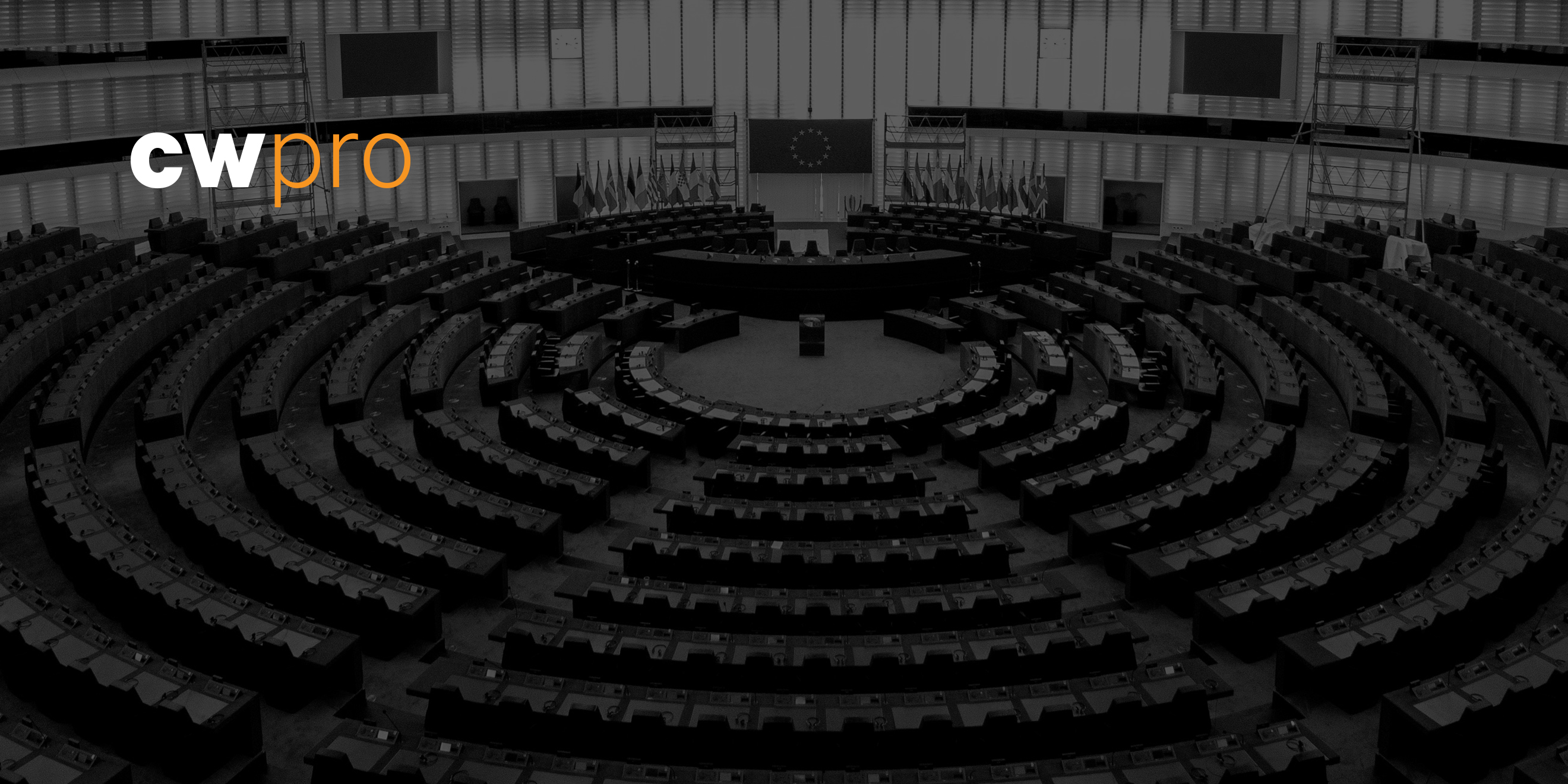As the UK edges closer to a decision on the extent to which Huawei should be permitted to play in the rollout of 5G networks in Britain (a decision that Quartz points out will also amount to the country's first significant post-Brexit trade commitment), the US presented Downing Street with an extensive dossier on the Chinese hardware company. As Reuters reports, the US summarized the evidence against Huawei as amounting to "madness." The American contention is that permitting Huawei to play in 5G is tantamount to handing the keys to China's intelligence services.
Chinese intelligence services, particularly the unit known to the West as APT40, have also been active in working through front companies. ZDNet says that the anonymous researchers who blog as Intrusion Truth have identified some thirteen cyber companies in Hainan province that are operating as cutout for APT40.
China's policy toward Taiwan, given Beijing's disappointment with the results of the island republic's presidential election, has taken an interesting turn. The election went badly (from the mainland point of view) because of disinformation and propaganda, but not the widely observed disinformation and propaganda China pushed into Taiwan during the election endgame. As Quartz puts it, everybody other than China is to blame. It couldn't have had anything to do with a reaction against China's repressive policies toward Hong Kong, their transparent use of disinformation, etc.
Yesterday US Attorney General Barr released the results of the Justice Department’s inquiry into the December 6th shootings at Pensacola Naval Air Station. The investigators concluded, as expected, that the shooter was Lieutenant Mohammed Saeed Alshamrani of the Royal Saudi Air Force, and that his actions were an act of terrorism motivated by what the Attorney General characterized as “jihadist ideology.” That conclusion was supported by inspection of the shooter’s social media posts, which indicated that he had become radicalized. The investigation also constitutes another round in the dispute over access to encrypted communication. The Attorney General says the shooter’s two iPhones have been recovered and restored to usability (he’d damaged each one of them), but that investigators are unable to read their encrypted contents. The Justice Department has asked for Apple’s help in unlocking them, which Apple has not provided. The Attorney General called upon Apple and the tech industry generally to work with the Justice Department to find some middle ground in the cryptowars.
Microsoft’s January 2020 patches address a Windows vulnerability discovered and disclosed by NSA. In a media call this afternoon, the Director of the US National Security Agency's Cybersecurity Directorate, explained that this should be regarded as normal policy: NSA will disclose whenever it judges that doing so is the best way to accomplish its mission. And, Director Anne Neuberger said, this decision doesn't even engage the National Security Council's Vulnerabilities Equities Process (VEP). The VEP applies only to decisions to retain and withhold vulnerability information, not to decisions to share it.
